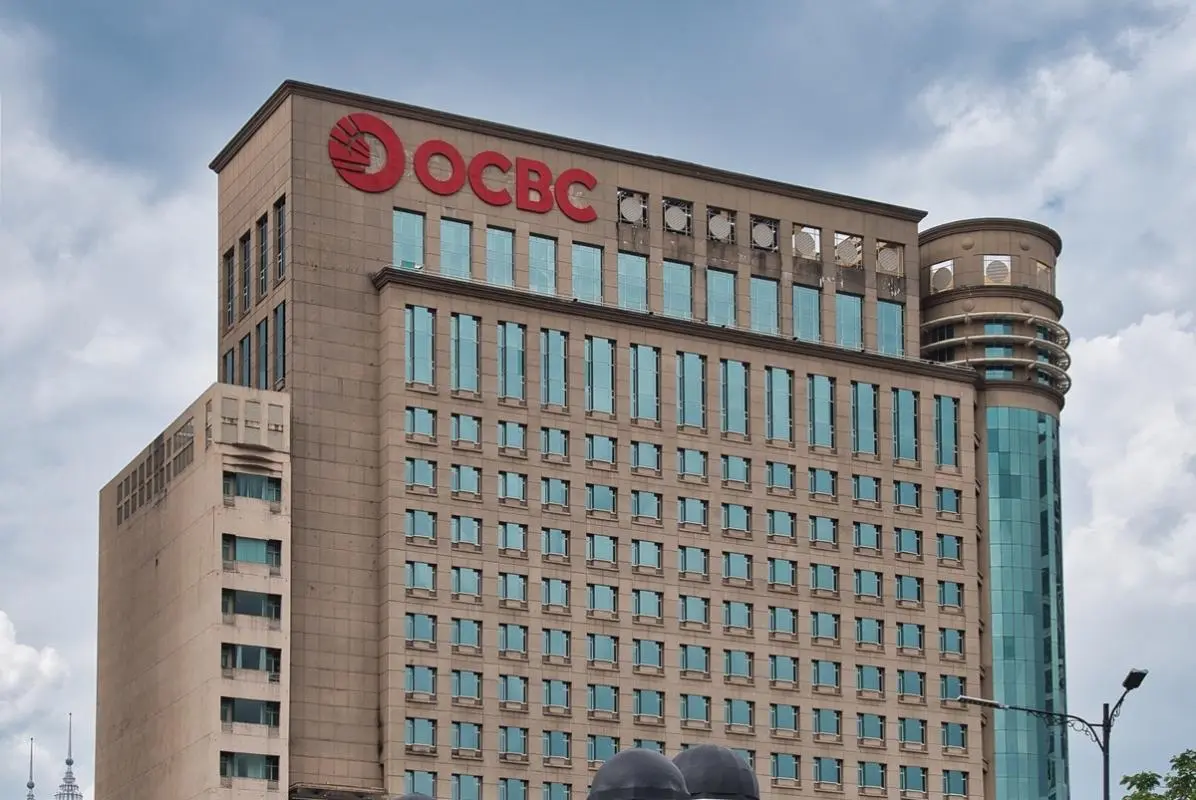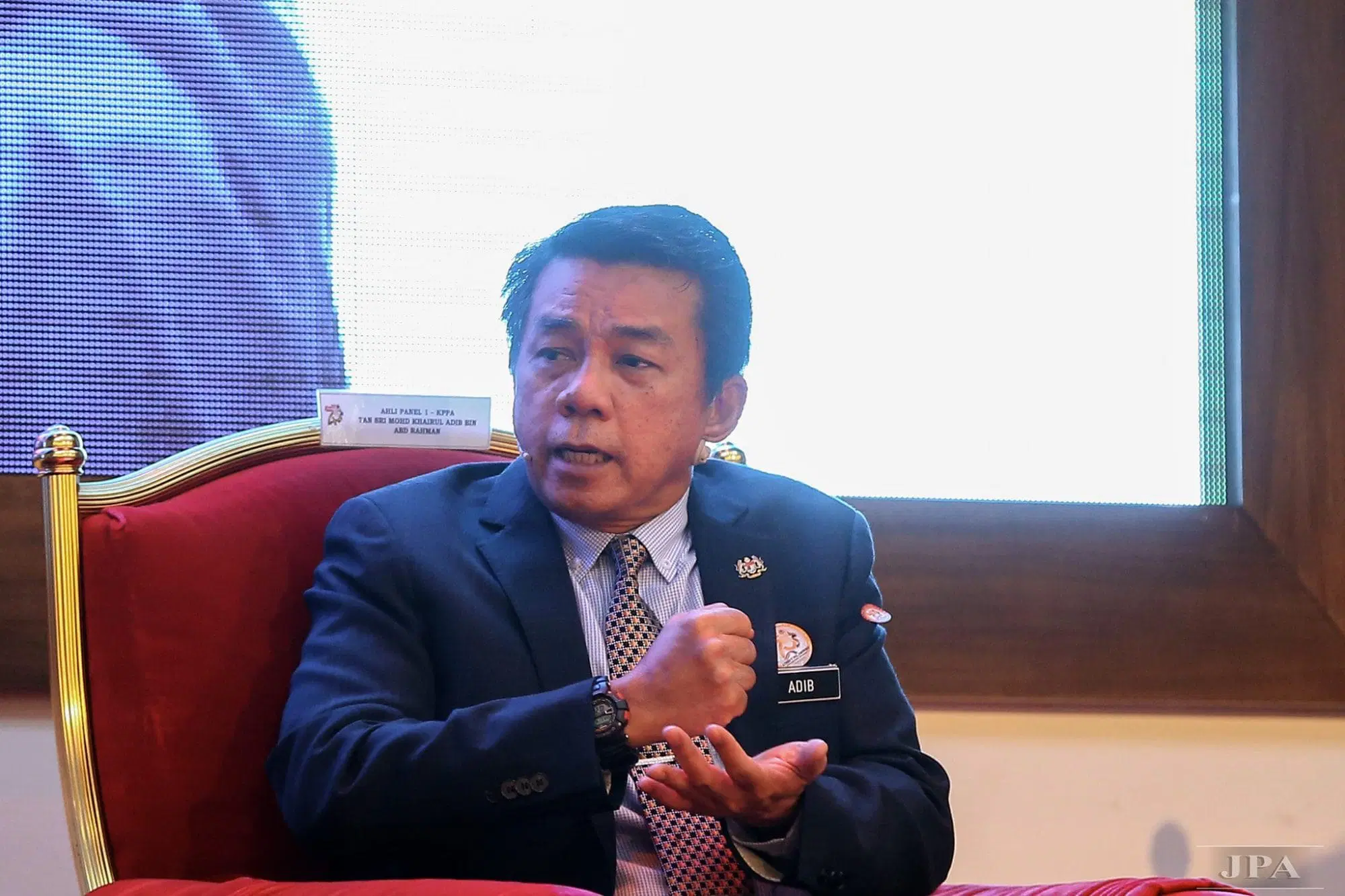JAKARTA, Indonesia Airlines, a Singapore-based carrier backed by Calypte Holding, has not yet secured the necessary regulatory approvals to begin operations, according to Indonesia’s Ministry of Transportation. As a result, its planned soft launch this month has been delayed.

The Directorate General of Civil Aviation (DGCA) stated that the airline has not completed the verification process for key standard certificates via the Online Single Submission (OSS) system and the Integrated Aviation Licensing System (SIPTAU). Without verified documents, the airline is not legally permitted to operate.
“Unverified status indicates the process is still incomplete. Without the required documentation, no permits will be granted, and the airline cannot commence operations,” said DGCA Director General Lukman F. Laisa in a statement.
A major missing requirement is a comprehensive business plan detailing the airline’s fleet acquisition strategy, operational areas, organizational structure, financial capacity, and service roadmap for the next five years. Without this, the ministry cannot move forward with verifying and approving the airline’s application.
“There are no shortcuts to starting an airline. Beyond administrative paperwork, it’s about ensuring operational readiness and safety compliance,” Lukman stressed, underscoring the importance of public transparency.
Indonesia Airlines, which plans to exclusively operate international routes and bypass the domestic market, originally targeted a November 2024 launch. However, earlier delays related to aircraft cabin modifications had already pushed that timeline back.
CEO Iskandar Ismail previously said Calypte Holding signed a €46.2 million deal in March to acquire a majority stake in Indonesia Airlines, supported by a €12.8 billion funding commitment. The airline has also attracted investment interest from Australia, China, and Thailand.
Its fleet plans include 20 modern aircraft—10 Airbus A321neo or A321LR for medium-haul routes, and 10 Airbus A350-900 and Boeing 787-9 aircraft for long-haul operations—as it seeks to challenge regional carriers with a bold, international-only model.






